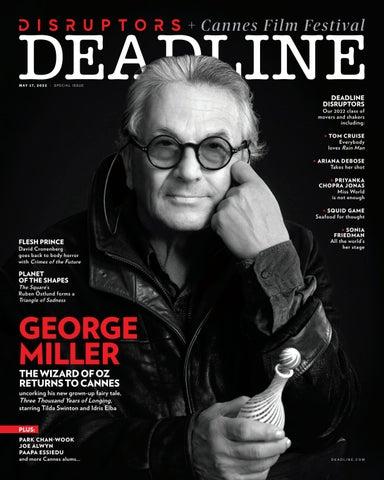In the ever-turbulent landscape of social media and political discourse, a recent digital confrontation between tech titan Elon Musk and Senator Elizabeth Warren has once again thrust the boundaries of online communication into the spotlight. When Warren publicly challenged Musk’s ethical standards, the Tesla and X (formerly Twitter) CEO responded with a series of images that quickly sparked widespread controversy and reignited debates about acceptable conduct in the digital age. This unexpected exchange reveals the complex and often unpredictable nature of contemporary public interactions between high-profile political figures and business leaders. In a recent escalation of online tensions, the tech mogul responded to the Massachusetts Senator’s critique with controversial social media activity that sparked widespread condemnation. The incident unfolded after Warren’s public statement calling for increased ethical oversight in technology and social media platforms.
Musk’s provocative images, which many characterized as racially insensitive, appeared to deliberately challenge Warren’s proposed regulatory framework. The visual content seemed designed to generate maximum controversy and push boundaries of acceptable public discourse.
Social media platforms quickly erupted with heated discussions about the appropriateness of such inflammatory imagery. Users across political spectrums weighed in, with some defending Musk’s apparent attempt to mock institutional criticism, while others denounced the content as unnecessarily antagonistic.
The complex dynamic between technological innovation, regulatory oversight, and personal expression took centre stage in this high-profile digital confrontation. Warren’s original critique had focused on potential systemic risks in unregulated technological environments, particularly concerning artificial intelligence and social media governance.
Musk’s response suggested a broader resistance to governmental intervention in tech spaces. By selecting deliberately provocative visual content, he appeared to signal defiance against what he perceives as bureaucratic interference in technological development.
Critics argued that such behaviour undermines serious policy discussions and normalizes inflammatory rhetoric. Supporters, conversely, praised Musk’s willingness to challenge established political narratives through unconventional communication strategies.
The incident highlighted ongoing tensions between technological entrepreneurs and political leadership, revealing deep ideological fractures about accountability and freedom of expression in digital platforms.
Professional observers noted the strategic nature of Musk’s communication approach, which consistently generates massive media attention through controversial statements and actions. This latest episode follows a pattern of similar confrontational interactions with political figures and institutional representatives.
Platform moderation policies came under renewed scrutiny, with questions raised about the boundaries of acceptable content from high-profile users. The incident reignited debates about whether influential figures should be held to different standards of public communication.
Warren’s team responded measured ly, emphasizing the need for constructive dialog about technological ethics and potential regulatory frameworks. The senator’s initial comments had focused on creating transparent, responsible guidelines for emerging technologies.
As digital discourse continues to evolve, such confrontations illuminate the complex relationships between technological innovation, political oversight, and individual expression in an increasingly interconnected global landscape.
